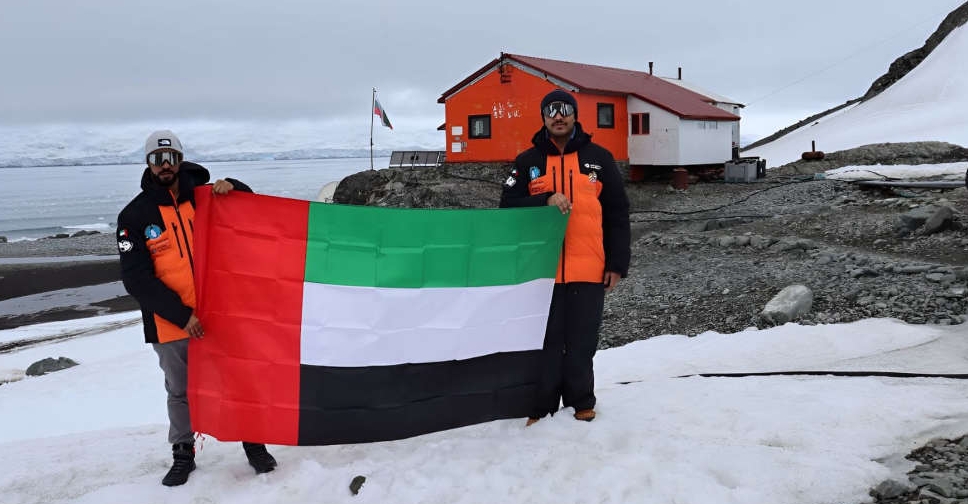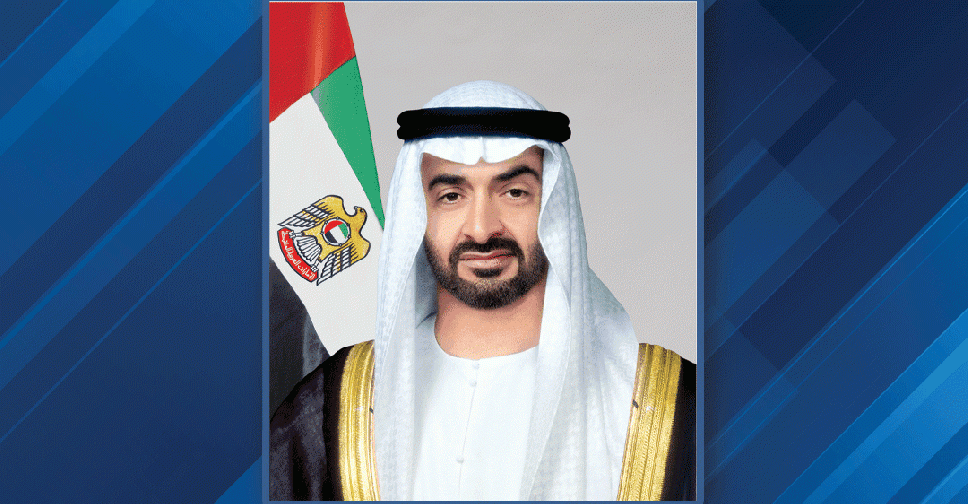
The National Centre of Meteorology (NCM) completed its first joint scientific expedition to the South Pole, alongside the Bulgarian Institute of Polar Research, in an effort to further understand environmental conditions in the area.
Two meteorological and seismic monitoring stations were installed that will contribute to gathering vital data on weather patterns and seismic activity in the polar region.
This information will reportedly support the NCM in developing more accurate numerical forecasting models and seismic monitoring.
Additionally, media documentation and filming of the expedition will be carried out using virtual reality technologies to support this documentation and provide an interactive experience that highlights the importance of the mission, and the data collected.
The mission aims to conduct critical research on climate change, atmospheric composition, and polar meteorology, with the goal of making significant contributions to global understanding of the South Pole's role in regulating the Earth's climate. The journey was filled with environmental and logistical challenges, as the team faced severe weather conditions and extreme isolation in one of the most remote areas of the world.
The expedition involved two Emirati experts in meteorology and seismology, Ahmed Al Kaabi and Badr Al Ameri, who underwent intensive training to endure the harsh conditions faced by scientific missions in polar regions.
Preparations for this mission included months of rigorous physical and technical training to ensure the team was fully prepared to handle the challenges they might encounter in the harsh environment of the South Pole.
The Director General of the NCM and President of the World Meteorological Organisation, Dr. Abdullah Al Mandous, said, “This scientific expedition to the South Pole represents a significant step in enhancing the UAE's stature as a global hub for scientific research in meteorology and climate.
"This collaboration with the Bulgarian Institute for Polar Research demonstrates our commitment to actively engage with the international community to enhance knowledge and develop scientific solutions for current climate challenges."
"The data collected from this expedition will bolster our efforts to provide precise forecasts and improve our response to changing climate conditions. I look forward to further advancements in our research projects and enhancing international scientific cooperation that supports our efforts to address climate change and achieve sustainable development,” Dr. Al Mandous said.
The team also collected atmospheric data to study the impact of polar weather patterns on global climate, as well as monitoring ice melting and its effects on sea-level rise, providing vital data for climate change studies. Advanced meteorological instruments designed to operate in harsh environments were also tested.

 Dubai Police bust online car sale scam
Dubai Police bust online car sale scam
 13-month-old receives Dubai’s first pediatric liver transplant
13-month-old receives Dubai’s first pediatric liver transplant
 UAE plans facial recognition ID system; no card needed
UAE plans facial recognition ID system; no card needed
 UAE President congratulates Syrian counterpart on Evacuation Day
UAE President congratulates Syrian counterpart on Evacuation Day
